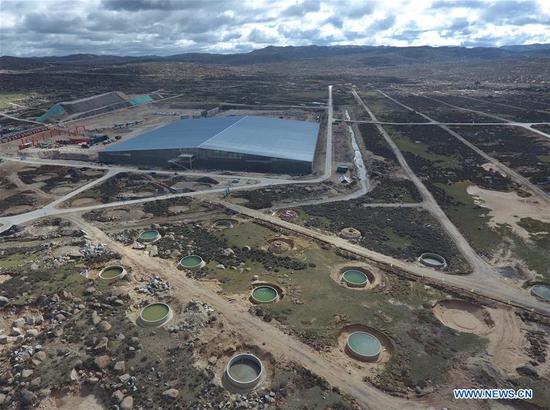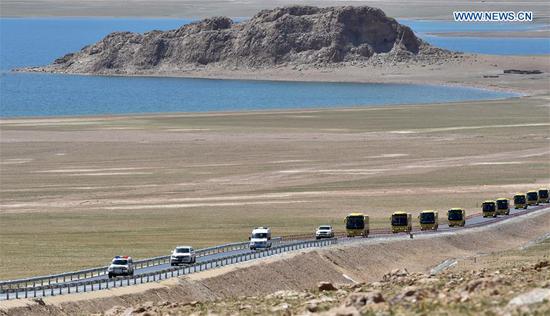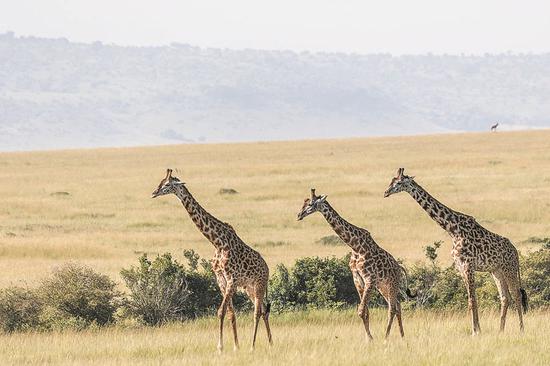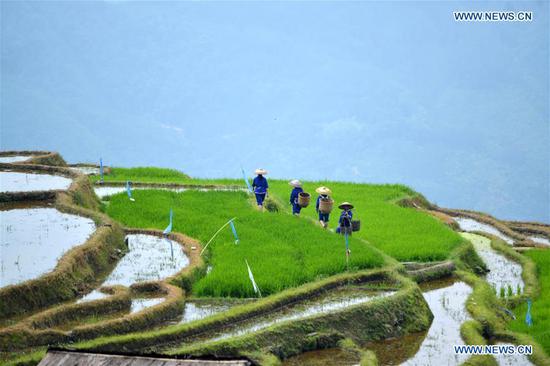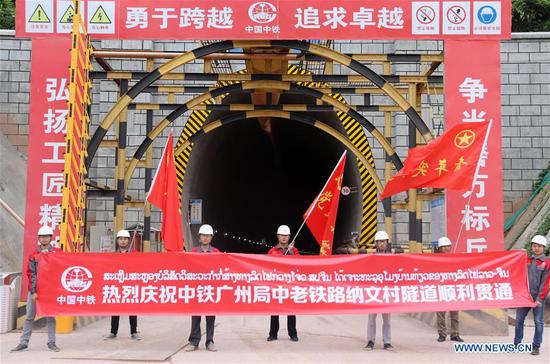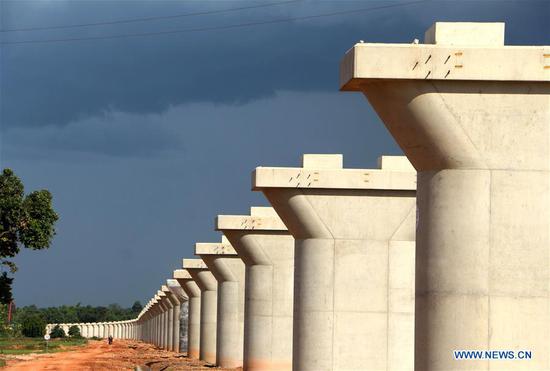More than a thousand Tibetan residents moved out of a nature reserve area to "give the place back" to wild animals in northern Tibet, which experts say will also improve their own quality of life.
The 1,102 local Tibetans were from two villages in Nyima county, with an average altitude of over 5,000 meters and more than 1,000 kilometers to the north of Lhasa in Southwest China's Tibet Autonomous Region.
Most of them are herdsmen, and arrived in Doilungdepen county in Lhasa on Monday, the Xinhua News Agency reported.
To help the migrants adapt to the new environment, the local government invested 226.26 million yuan ($35.3 million) to build facilities, including homes and schools.
Relocating residents from the reserve area "reduces the impact on wild animals caused by human activity," Dechen Lhundrup, director of the forest public security bureau of Nyima county told Xinhua.
Both villages are located within the Qiangtang nature reserve, which covers an area of more than 200,000 square kilometers in northern Tibet and is home to over 400 types of wild animals.
"Now that people have moved out of the area, it is possible to remove the chain-link fences which once impeded wild animals from migrating. Some animals, including Tibet antelopes, could get injured because of those fences," Dechen Lhundrup said in Xinhua's report.
The relocation is the first high-altitude resettlement project for "ecological migrants" in Tibet, which would set aside 4,671,900 hectares of grassland and space in northern Tibet for wild animals, Xinhua reported.
The northern Tibet grassland, while an important place for wild animals, "poses a hostile environment for people," Xiong Kunxin, a professor at Beijing's Minzu University of China, told the Global Times on Tuesday.
"Fierce wind, sand and extremely low temperatures are normal in the area for about nine months a year. Moving out of the area to Lhasa will undoubtedly improve their quality of life," Xiong said, who had lived in the northern grassland area for about two and half years in the 1970s.













